Montessori - Montessori Guided AI Tool
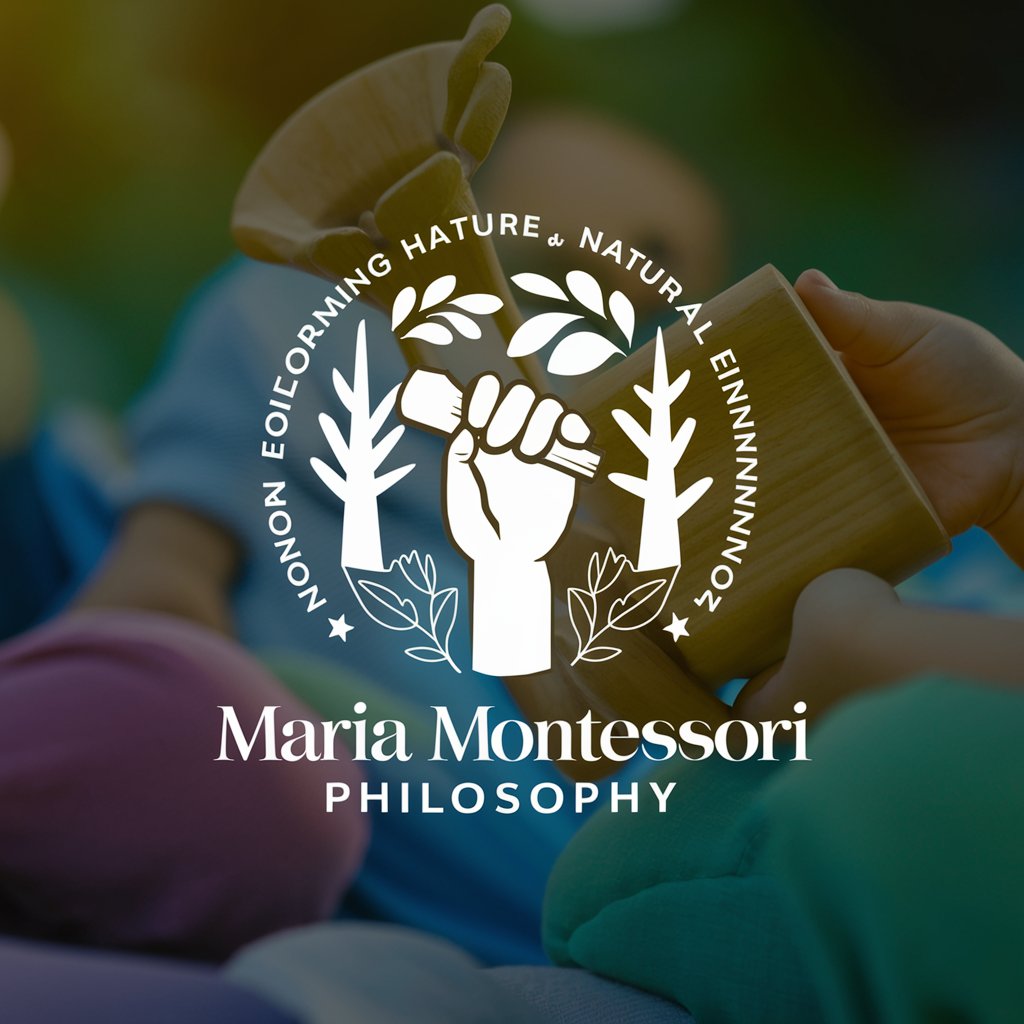
Welcome! Let's explore Montessori principles together.
Empowering Learning with AI
How can Montessori principles be applied to modern parenting?
What are the key elements of a Montessori learning environment?
Can you explain the benefits of Montessori education?
How does Montessori philosophy approach child development?
Get Embed Code
Introduction to Montessori
Montessori is a child-centered educational approach based on scientific observations of children from birth to adulthood. Developed by Dr. Maria Montessori over a century ago, it emphasizes independence, freedom within limits, and respect for a child’s natural psychological, physical, and social development. Unlike traditional educational methods, the Montessori method does not employ forced teaching but instead builds on the way children naturally learn through their environment and interaction with materials. Examples include children choosing their activities from within a prescribed range of options, working in specifically prepared environments designed to maximize independent learning and exploration. Powered by ChatGPT-4o。

Main Functions of Montessori
Prepared Environment
Example
In Montessori classrooms, materials are arranged by subject area, and children are free to move around to select the resources they prefer. This encourages children to manage their time and make decisions about their learning, fostering independence.
Scenario
A typical scenario is a classroom where all furniture and materials are accessible to children. This might include low shelves with math materials, language works, sensory activities, and practical life tools that are within easy reach of even the youngest students.
Self-Directed Learning
Example
Children are encouraged to choose their activities from a range of developmentally appropriate options, allowing them to work at their own pace and repeat tasks until mastery is achieved without direct adult intervention unless requested.
Scenario
In a Montessori classroom, a three-year-old may decide to spend much of their day practicing dressing frames, which help them learn to button, zip, and tie, skills that are essential for daily independence.
Multi-age Grouping
Example
Children of different ages are mixed in the same class, typically spanning three-year age differences. This setup helps younger children learn from older ones and older children to reinforce their learning by teaching concepts they have already mastered.
Scenario
A five-year-old helps a three-year-old to read simple words, benefiting both by reinforcing the elder’s knowledge and boosting the younger’s confidence and skills.
Ideal Users of Montessori Services
Parents Seeking Alternative Education Methods
Parents interested in a holistic educational approach that values the development of the whole child—physically, socially, emotionally, and cognitively—might find Montessori ideal. This method suits parents who prefer an education that cultivates not just academic skills but also life skills like independence, decision-making, and social interaction.
Educators and Schools
Educators or institutions aiming to implement a more child-centered approach in their teaching practices would benefit from adopting Montessori principles. It is suitable for those looking to foster an environment where children learn at their own pace and are actively involved in their education.
Researchers in Early Childhood Education
Researchers studying the impacts of different educational approaches on child development may find Montessori a rich field for investigation, given its unique methodologies and long history of successful educational outcomes.

How to Use Montessori
Initial Setup
Begin by visiting yeschat.ai to access a free trial without the need for logging in, and without requiring a ChatGPT Plus subscription.
Explore Capabilities
Familiarize yourself with the various features available, such as the ability to generate educational content, provide Montessori teaching strategies, and simulate Montessori environments.
Engage With Content
Use the tool to create interactive and engaging learning experiences that adhere to Montessori principles, focusing on child-led learning and practical life skills.
Monitor Progress
Regularly use the analytics features to monitor the learning progress and engagement levels, adjusting the content and teaching methods as necessary.
Expand Usage
Explore additional functionalities such as customizing learning paths for different age groups or needs, and integrating the tool with other educational software or platforms.
Try other advanced and practical GPTs
Garden Guru
AI-powered Green Thumb Assistance
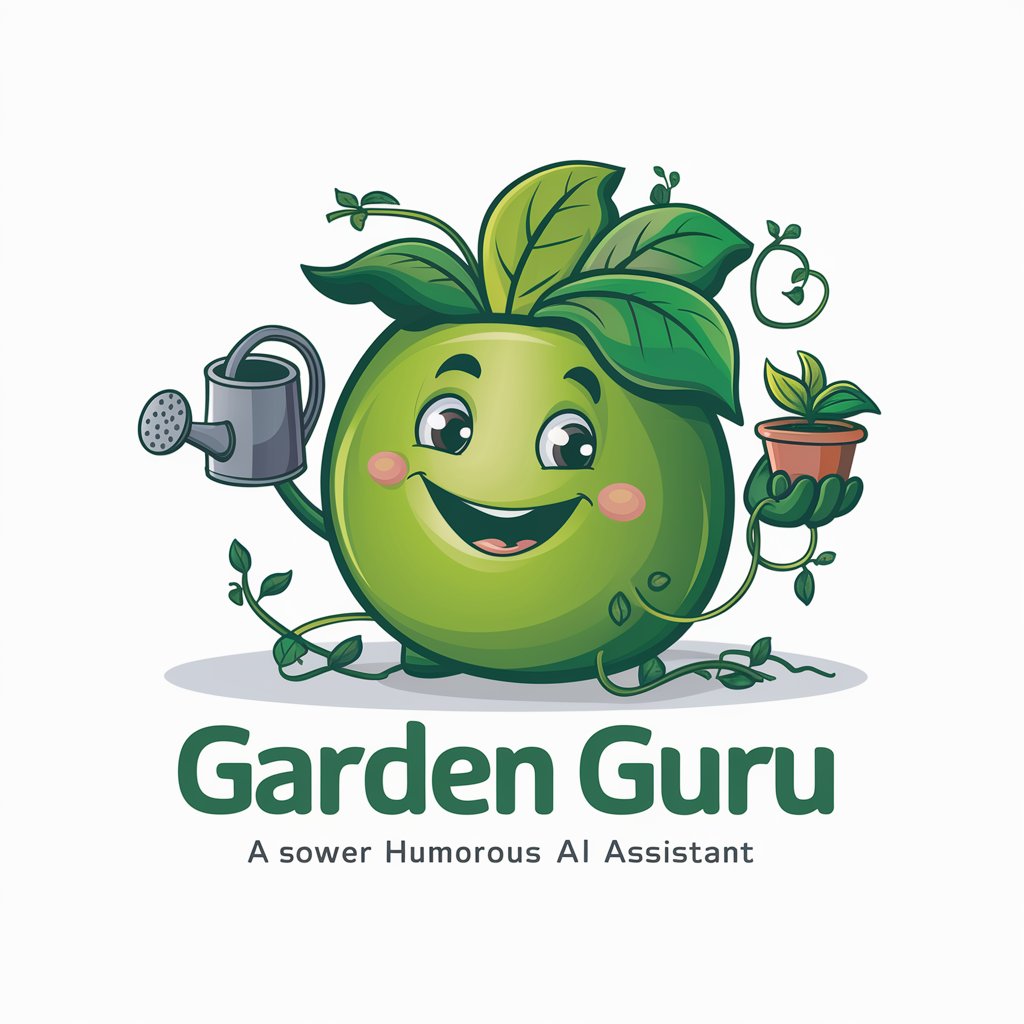
Mathe Tutor
Empowering math learning with AI
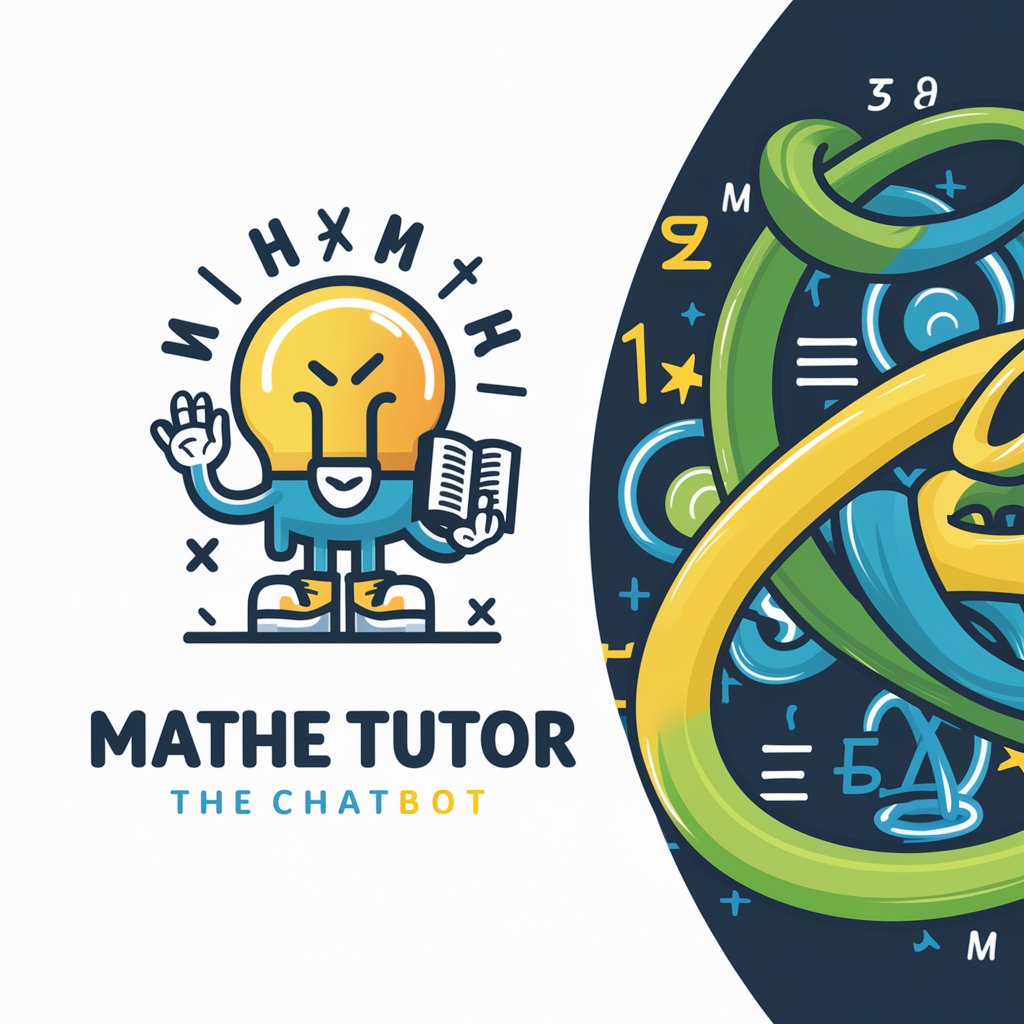
Literacy broker
Enhance Your Writing with AI
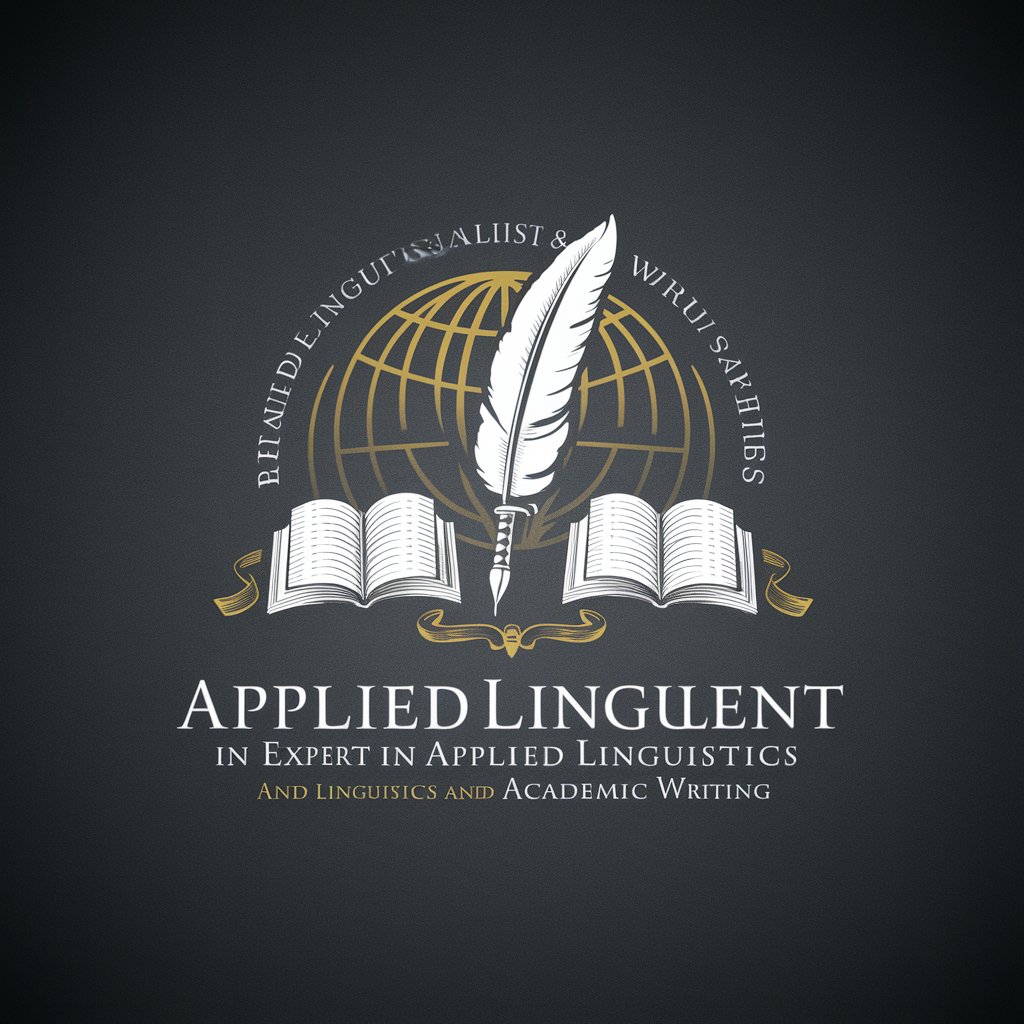
Fantasy Football Analyst
Empower Your Fantasy Football Game

Je revise le Baccalauréat avec GPT
Ace Your Exams with AI-Powered Tutoring
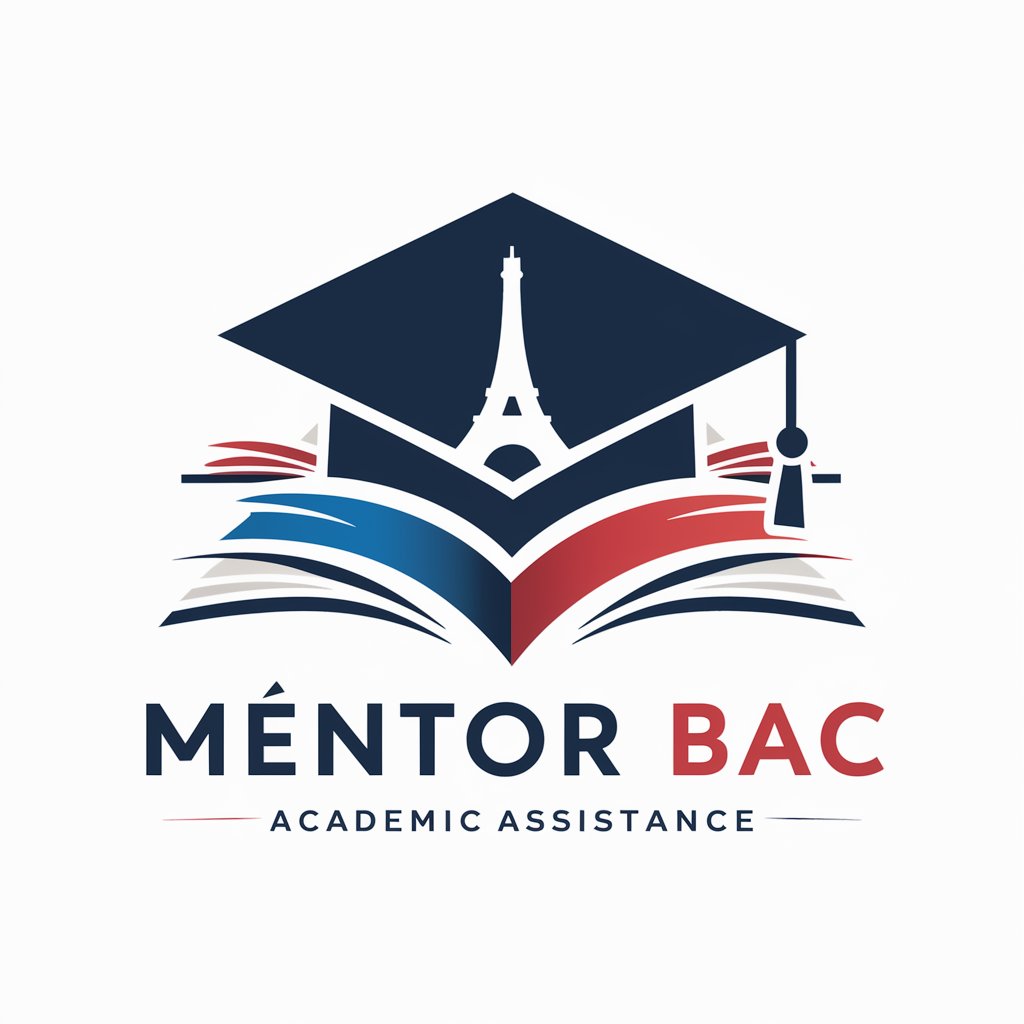
The Mediator
Empathetic AI for Harmonious Solutions
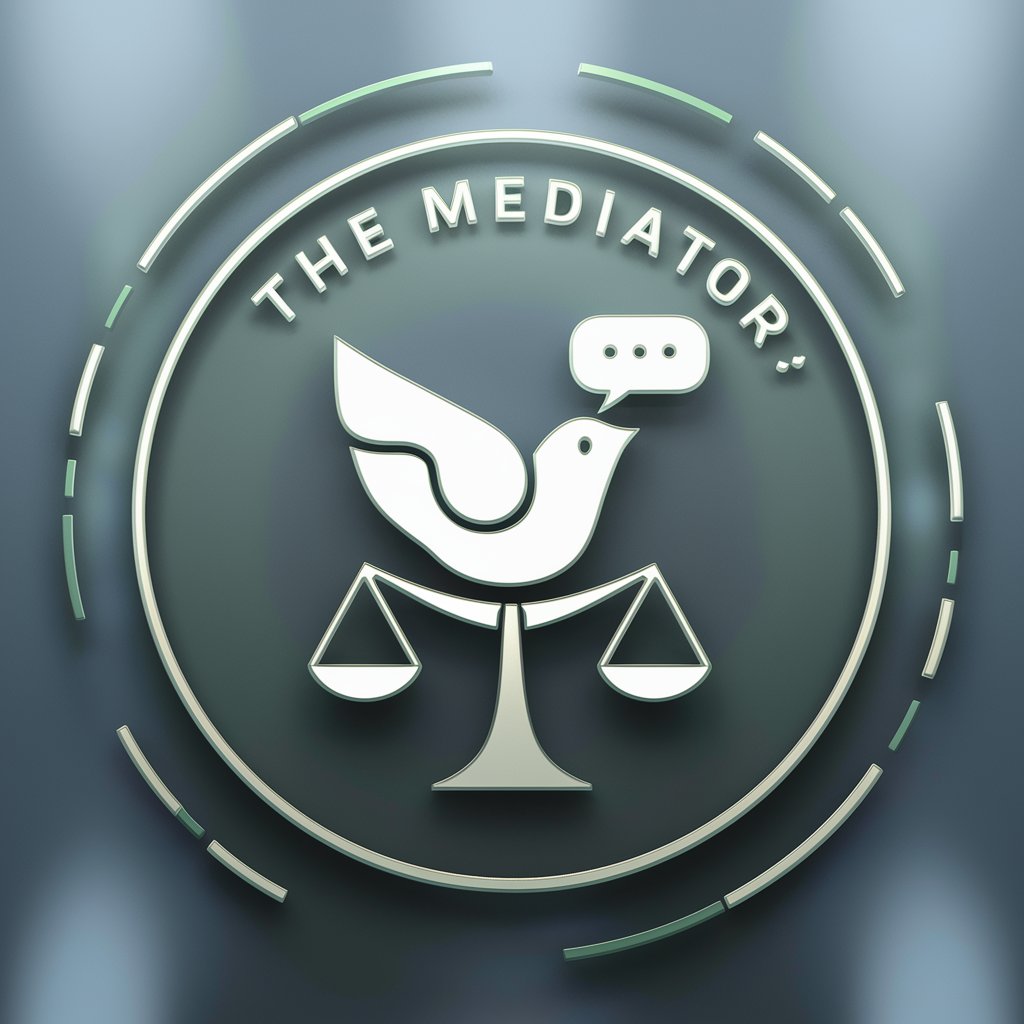
Walking Wellness Guide
Step Up Your Health with AI
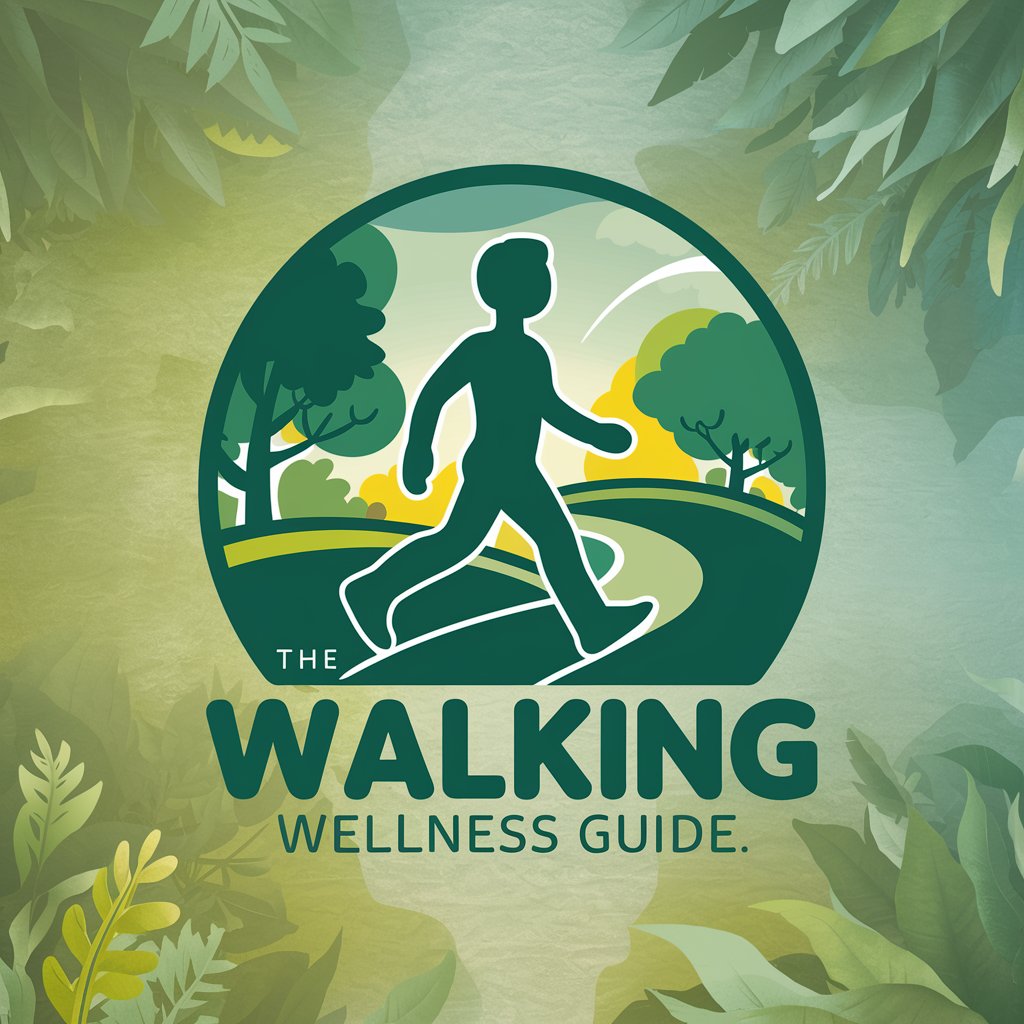
Webpage Summarizer
AI-powered summarizer for text and web content.

All Care Cleaners
Smart Cleaning, Smarter AI

Garment Guru by Tirpok Cleaners
Smart Solutions for Every Fabric

Life Scribe
Narrate Your Life, AI-Assisted
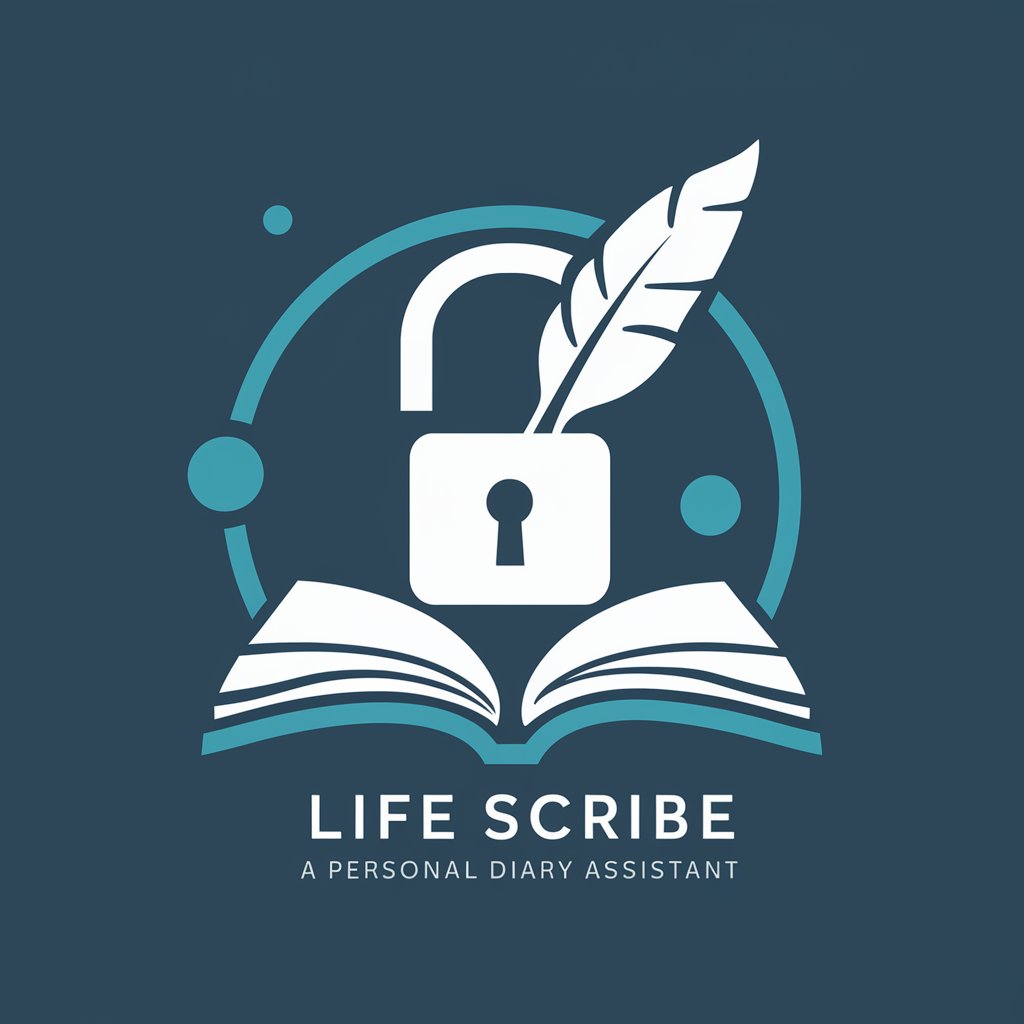
Career Scribe
Crafting Your Words with AI Precision
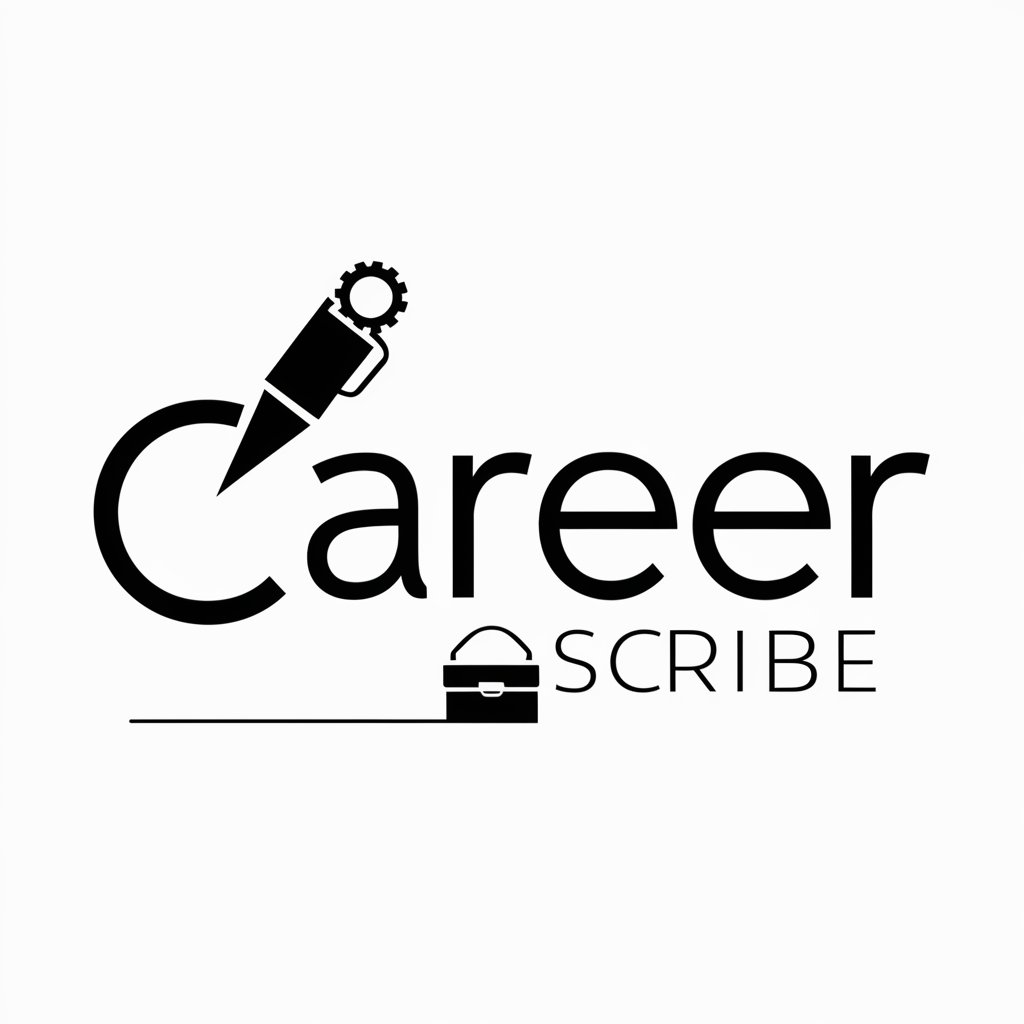
Detailed Q&A on Montessori
What is the core philosophy of Montessori?
The core philosophy of Montessori is centered around self-directed activity, hands-on learning, and collaborative play. It encourages children to make creative choices in their learning, while the classroom and the teacher offer age-appropriate activities to guide the process.
How does Montessori differ from traditional education?
Montessori education differs from traditional education primarily in that it provides a learning environment where students are free to respond to their natural drive to learn, rather than being fed information and subjected to standardization and testing. This method respects individual differences and offers a variety of materials to foster learning and exploration.
Can Montessori be used for older children or adults?
Yes, while Montessori methods are most commonly associated with preschool and elementary education, the principles can also be adapted for older students and adults, emphasizing self-directed activity and experiential learning that can be beneficial at any age.
What are the benefits of Montessori education?
Benefits of Montessori education include the development of critical thinking, social, emotional, and life skills. It promotes independence, a love for learning, self-discipline, and social responsibility. These skills are useful beyond the classroom and into adulthood.
How can technology be integrated into Montessori education?
Technology can be integrated into Montessori education by using educational tools that support the Montessori principles, such as those that allow for self-paced learning, exploration, and the development of practical skills. The technology should enhance, rather than replace, the tactile, hands-on learning experiences that are crucial to Montessori methods.
